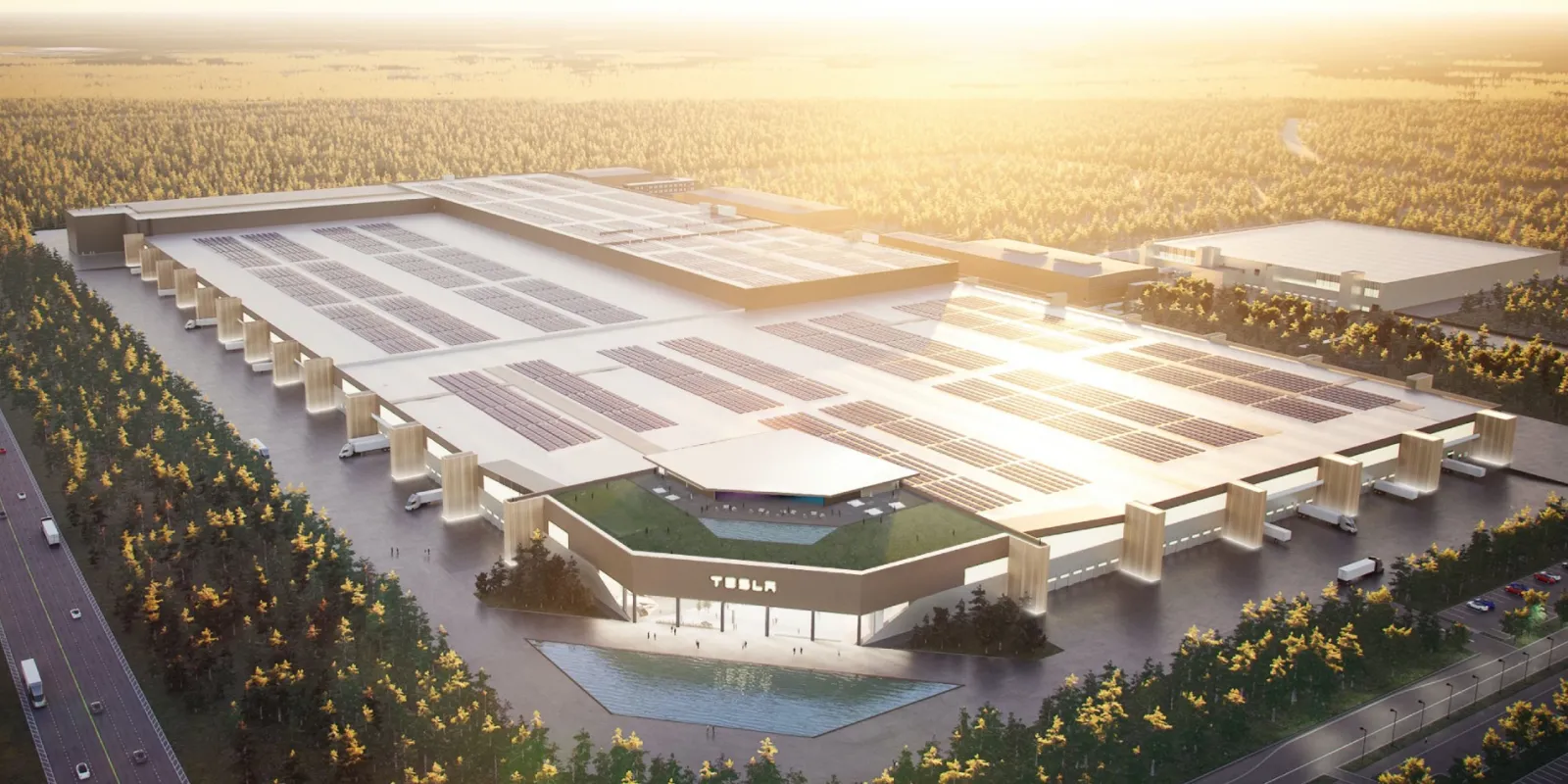
Tesla is rumored to finally get the green light to start production at Gigafactory Berlin any day now, according to a new report coming out of Germany.
The report even suggests some production numbers for the early ramp-up.
Over the last year, Tesla has run into a lot of red tape in trying to get approval to start production at Gigafactory Berlin, a giant new factory located near Berlin in Brandenburg.
Most recently, environmental groups had managed to obtain an extension of the public commentary period for the project, which delayed approval for another month.
The new period concluded last week, and now we have been expecting a new timeline for approval.
Germany’s Automobilwoche reported this weekend that the approval is expected to come within days:
The US electrical pioneer Tesla will start series production in its Gigafactory in Grünheide in December. The start of the Gigafactory was originally planned for July 2021, but was delayed due to a lack of environmental permits. The approval of the Brandenburg State Office for the Environment is now expected to take place in the coming days.
The publication also claims that Tesla recently produced five validation units of the Model Y, its first vehicle to be produced at Gigafactory Berlin.
According to the report, production will slowly start in December, and Tesla aims to ramp up to ~1,000 units per week in January.
However, the production ramp is expected to take a while, and the automaker reportedly doesn’t expect Gigafactory Berlin to contribute more than 30,000 vehicles to Tesla’s production during the first half of 2022.
As we previously reported, the start of production at Gigafactory Berlin will be an important moment for Tesla and its expansion plan.
It will be Tesla’s start of EV production in Europe, and it will enable it to improve logistics by using the production capacity to cover some of the demand in Europe, allowing for fewer cars to have to be shipped from Tesla’s Fremont factory and Gigafactory Shanghai.
The capacity that will be freed up at those factories is, in turn, going to supply vehicles for closer markets.
On top of increasing Tesla’s overall vehicle production capacity, it will help to significantly reduce transit times.
Furthermore, it will be the start of the production of Tesla’s next-generation Model Y built with a new architecture based on its structural battery pack powered by the new 4680 cells.
FTC: We use income earning auto affiliate links. More.







Comments